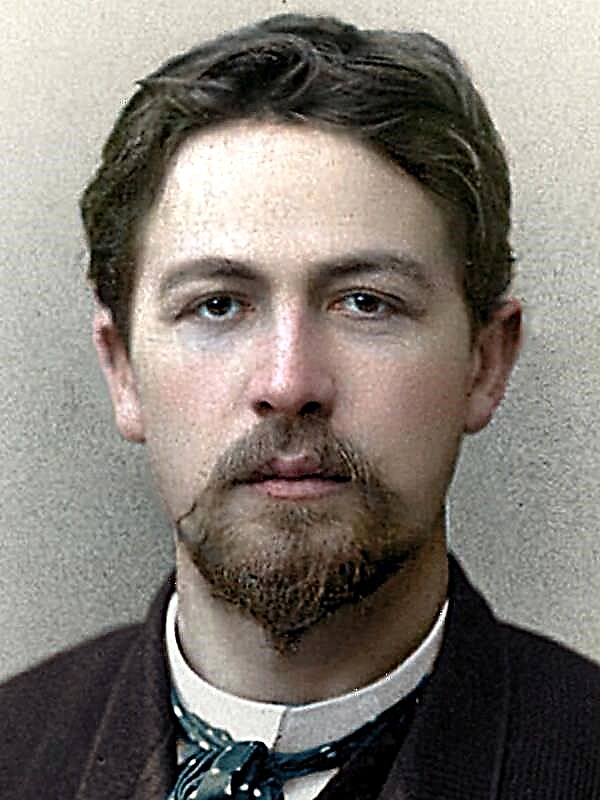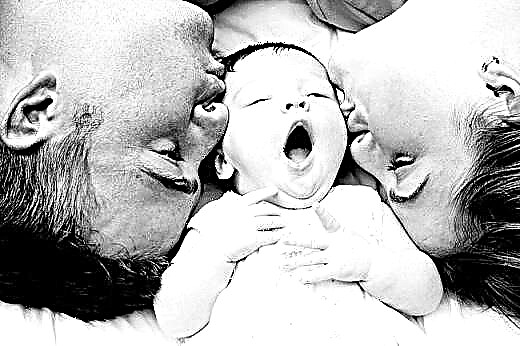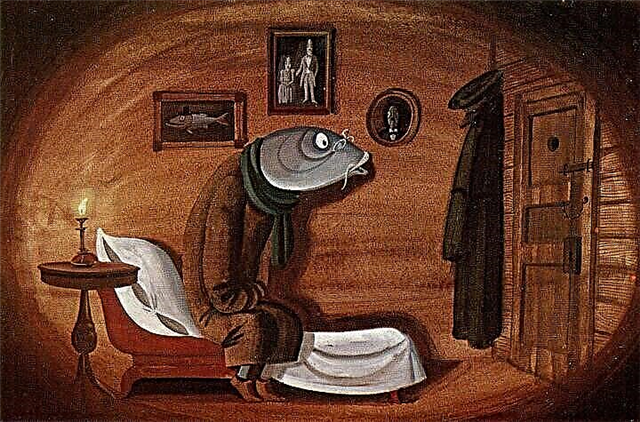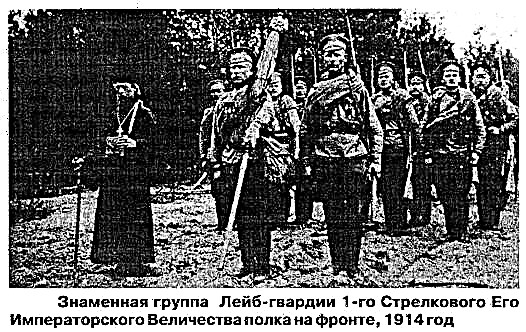It is in this part of the narrative that the main circle of friends of the protagonist is formed (a company consisting of Kartashev, Kornev, Dolby, Berendi, Lario and Darsier) and common interests with them. The initial confrontation (“Kartashev's party” - “Kornev's party”) of the two most respected and respected students in the class develops into a rapprochement between them, and then into real friendship, despite the ongoing debate “decisively about everything”. At the same time, Kartashev has the most conflicting feelings. On the one hand, Kornev’s well-readness cannot but arouse respect, in the track record of which Pisarev, Bokl, Belinsky, and firmness in judgments and evaluations, but, on the other hand, wishing to maintain his own point of view, Theme is trying to limit Kornev’s influence on your mental life. Only after reading all the necessary books for the "progressive young man" in the relationship of Kartashev and Kornev, "equality crept in."
Soon Kartashev will become a frequent guest at the Kornevykh’s house and will even fall in love with his friend’s younger sister. However, Pisarev’s gymnasium hobbies, religious doubts that arise with Thema as a result of communication with Kornev, contradict the values of the Kartashev family. Aglaida Vasilievna is trying to welcome the comrades of her son, especially Kornev, in order to have an immediate opportunity to know about the direction of their thoughts and interests. Her mind, attentive attitude to each of Kartashev’s friends, as well as the cordiality with which guests are received, turns out to be attractive for the whole company, which intends to publish a gymnasium magazine by analogy with the periodicals existing at that time. Moreover, each of the participants in the future magazine set an individual creative task. For example, Berendya undertook "to prove historically that the Russian race follows the universal path in the matter of progress." Dolba decides to popularize the ideas of Voigt, Moleshott and Buchner in the Pisarev arrangement for the lack of translations from the originals. The theme poses a more “utilitarian” task. He decides to write an article about the dangers of classical education.
After the magazine came out, he was not only acquainted with him at the gymnasium - the pages rewritten in even, neat handwriting were brought home by Kartashev. However, the mother of Tema was admired by the logically developing thought in the article by Kornev, and the opus of his own son only upset Aglaida Vasilievna, and in the gymnasium they spoke exclusively about the articles of Kornev, Dolba and Berendi - they were silent about Kartashev. Nevertheless, wounded pride does not prevent Theme from continuing to take part in comradely disputes. Through Berendyu, the company gets acquainted with a drunk technician and teacher. The discussion about the fate of these people develops into a heated debate about earthly happiness, about the altruistic ideal of life, "which is inaccessible to neither the dirty hands of a rogue, nor fatal accidents." But in the person of Aglaida Vasilievna, Theme does not find sympathy for reasoning about the “truth of the tavern”. His mother tells him about the ability to distinguish "the delirium of a descending drunkard from the truth", to fight not with people, but with their delusions, with evil in them.
Otherwise, relationships are built in the Kornev family. In contrast to Theme, parental influence on Kornev is limited to observing external decency - regardless of the religious views of the son, the father demands to attend church. In the Kartashev family, Kornev is somewhat wary, but with constant interest. Therefore, they readily confirm the invitation made by Tema to Kornev, after passing the exams, to spend a vacation in their village, where friends can enjoy life "in a pleasant doing nothing." However, Theme and Kornev not only relax, but also try to get acquainted with the life of peasants. To do this, friends communicate a lot with the village priest and, at first glance, the successful landowner Neruchev, who will later become the husband of Kartashev’s elder sister Zina. Their family life will turn out unhappily, and then Zina, already the mother of three children, will leave them in the care of Aglaida Vasilyevna, and she will be tonsured a nun in Jerusalem. But then the time spent in the gymnasium turns out to be one of the brightest episodes in the life of each of the young people: Kartashev’s mother and sisters are fascinated by Kornev’s mind and talents (he sings well and has an undoubted artistic gift).
The return to the city and the beginning of the new school year was the beginning of the subsequent sad events in the fate of some heroes of the story. Over the summer, Berendya, living as a hermit and meeting only with "drunkards", especially (before that the whole company was not averse sometimes to drink) was addicted to vodka. In addition, the following incident occurred in the gymnasium: according to a Latinist denunciation, after a literary evening, a history teacher beloved by the gymnasium students was forced to submit a letter of resignation, who made a speech this evening about the need for changes in the education system. Berendya and Rylsky turned out to be the main instigators of the obstruction arranged by the gymnasium scammers. They were expelled from the gymnasium, which became fatal for Berendi. Completely entangled in money and love relationships, unjustly accused of murder, Berendya commits suicide. His death in the gymnasium makes an “amazing impression”. At the funeral, Dolba delivers a speech that almost becomes the reason for his exclusion, and only the intercession of Kartashev, who was a relative of the new governor-general appointed to the city, saves him from the sad fate of Berendi and Rylsky. By the way, the latter, who was considered the most beautiful in the company and was the bridegroom of Natasha Korneva, the sister of Vasya Kornev (only Kartashev, who was in love with Natasha at that time, was dedicated to the secret of this “engagement”), goes abroad forever. The “drunkards,” whose names along with the name Berendi appeared in the murder case in the city, were expelled from Odessa.
In addition, the educational reform that has begun has brought about changes in the life of each of the gymnasium students. Classical education was no longer limited to seven years - an additional (eighth) year of study was introduced. But for those who passed the final exams, the gymnasium time ended already this year. The whole company "with fear and trepidation" was preparing for the exams, firmly deciding to graduate from high school at all costs.
Examination tests happily end both for Theme and for all his comrades.




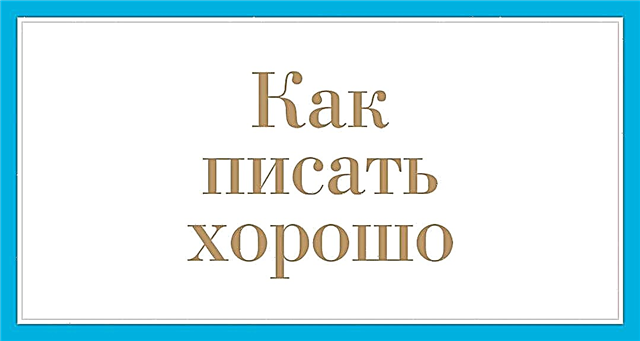 How to write well
How to write well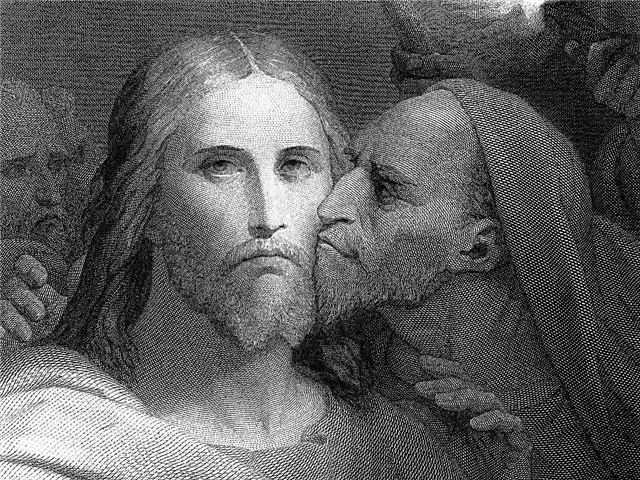
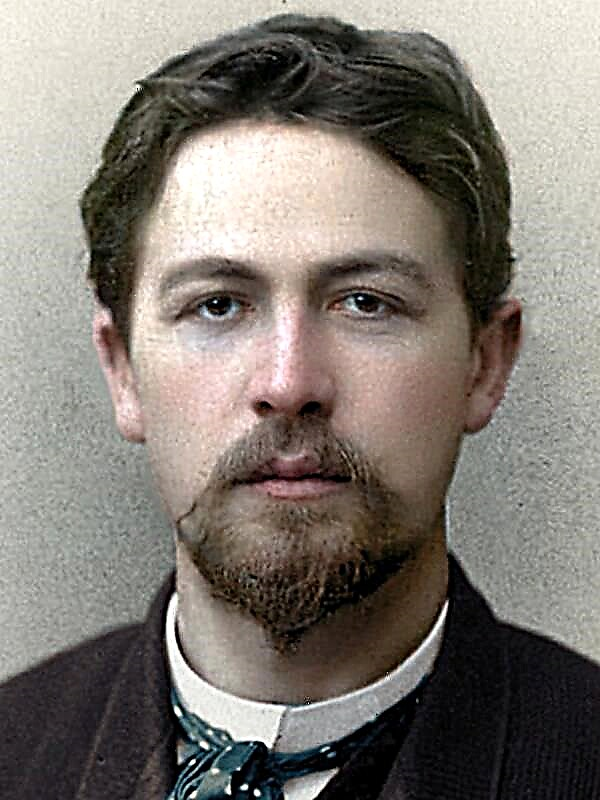
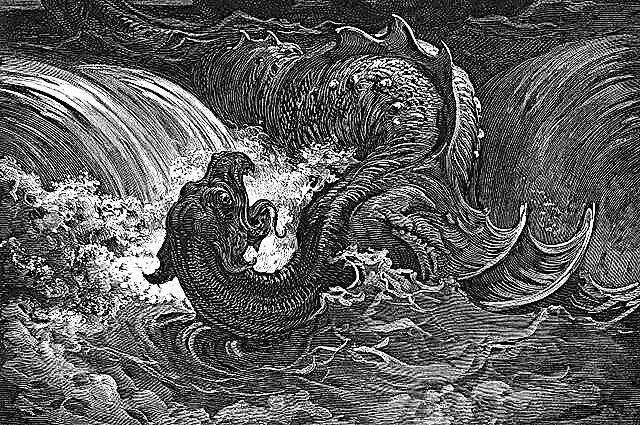
 Clarissa
Clarissa